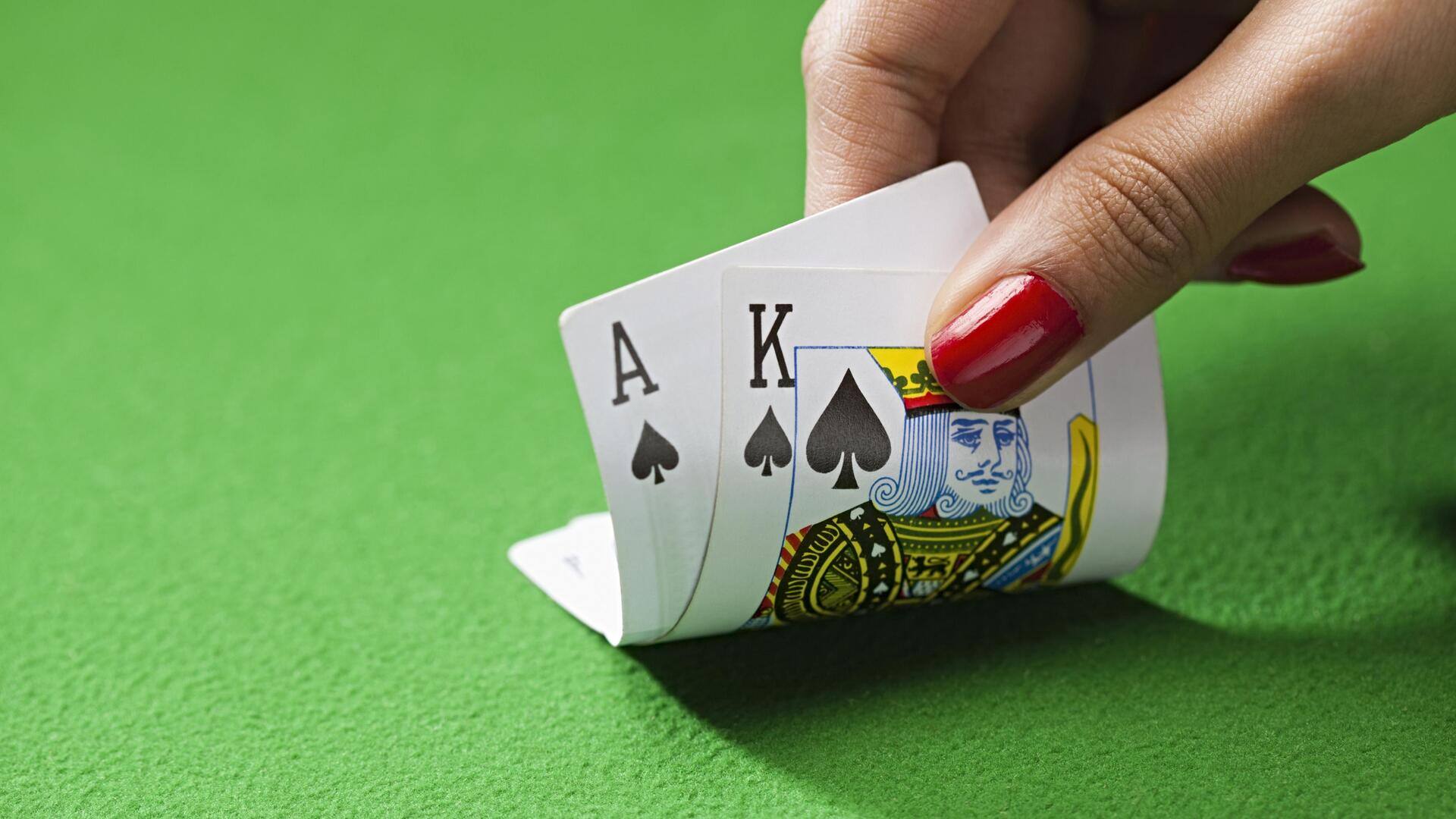
This game can help your kids learn strategic thinking
What's the story
Teaching kids how to play bridge is a fun and powerful way to boost their strategic thinking skills.
This timeless game isn't just entertaining - it's a mental workout that pushes kids to think critically, plan ahead, and make decisions with limited information.
By mastering the basics of bridge, your child will build key cognitive skills that translate to success in the classroom and beyond.
Foundation
Starting with the basics
Before tackling advanced strategies, kids need to grasp the fundamental rules and objectives of bridge.
Begin with teaching them the value of each card and the structure of a typical game.
Reinforce these concepts by playing simple practice hands. This way, they won't feel overwhelmed by a ton of information at once.
This basic understanding forms the foundation for introducing more advanced lessons in strategic thinking.
Analysis
Developing critical thinking skills
Bridge forces players to scrutinize their hands, anticipate adversaries' actions, and consider consequences before committing to a decision.
Prompt kids to verbalize their thought process each hand. "Why did you play that card?" or "What do you think your partner has from their bid?"
Such conversation creates a culture of critical thinking.
Focus
Enhancing memory and concentration
A big part of bridge is keeping track of what cards have been played and anticipating what's left.
To strengthen kids' memory and focus, include memory games in your lessons that simulate this aspect of bridge.
For instance, after a few hands, challenge them to remember specific cards that were played during those hands.
Slowly raise the difficulty as they get better at this exercise.
Collaboration
Fostering teamwork and communication
Bridge is a partnership game, and as such, it's a great way for kids to learn about working together and communicating effectively.
Teach them how to use standard bidding conventions to communicate the strength and distribution of their hand to their partner without explicitly stating it.
Encourage them to listen carefully to their partner's bids and to pay attention to non-verbal cues during play.
Application
Applying strategies beyond the game
Learning bridge isn't just about playing cards; it's a masterclass in strategic thinking for kids.
Discussing strategies, analyzing results, working as a team, and maintaining focus - these are life skills, not just game tactics.
This way, they learn that the point of strategic thinking isn't just to win at cards.